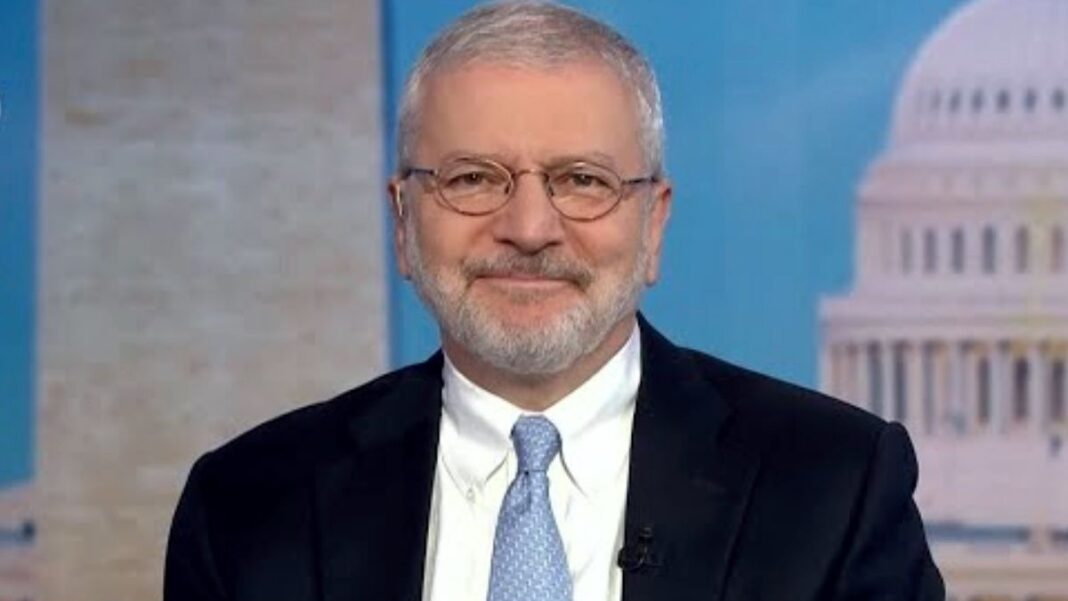
Pennsylvania pediatrician Dr. Chaminie Wheeler has put her career on the line for both speaking freely about the COVID-19 vaccination, and refusing to get the shot.
Until this month, Wheeler worked for two hospital systems.
“I have been fired and was told not to come back from one health care system because I did not comply with what they wanted me to do to my body,” Wheeler told The Epoch Times in a phone interview. She was employed through Children’s Hospital of Philadelphia at Grand View Hospital in Sellersville. She says she also lost her job in St. Luke’s medical system after speaking to the media against the COVID-19 vaccine mandate.
Neither Children’s Hospital nor St. Luke’s responded to requests for comment for this story.
“That was a freedom of speech issue. If I had chosen to stay quiet, I am fairly certain I would have been given a health exemption,” Wheeler said. “I love taking care of children, but because I am an outspoken physician, that has been taken away from me.”
There was another consequence; someone reported Wheeler to the medical board for speaking against the mandate, prompting an investigation and she had to hire a lawyer to help her save her medical license.
“Talk about tying the hands of physicians. You can’t even say what you think.”
And that, Wheeler says, has been a festering wound in health care since long before COVID-19.
Individualized Patient Care Lost
“Our medical care system has grown into a system that has taken health care out of the hands of physicians and put it into the hands of hospital administrators, insurance companies, and pharmaceutical companies,” Wheeler said.
For example, a doctor may feel a certain medicine would be the best treatment for a patient, but the hospital protocol says three other specific medicines must be tried first. Or everyone with a certain blood pressure reading should be treated the same, when individuals have different needs.
“Doctors have to follow hospital protocols that are often based on studies done by pharmaceutical companies and backed by insurance companies. It has to do with litigation and malpractice. If you are a doctor and you go against the protocol, you can be sued,” Wheeler said. “Who really is driving medicine? It’s not physicians. It’s administrators, insurance, and pharmaceutical.”
By Beth Brelje






